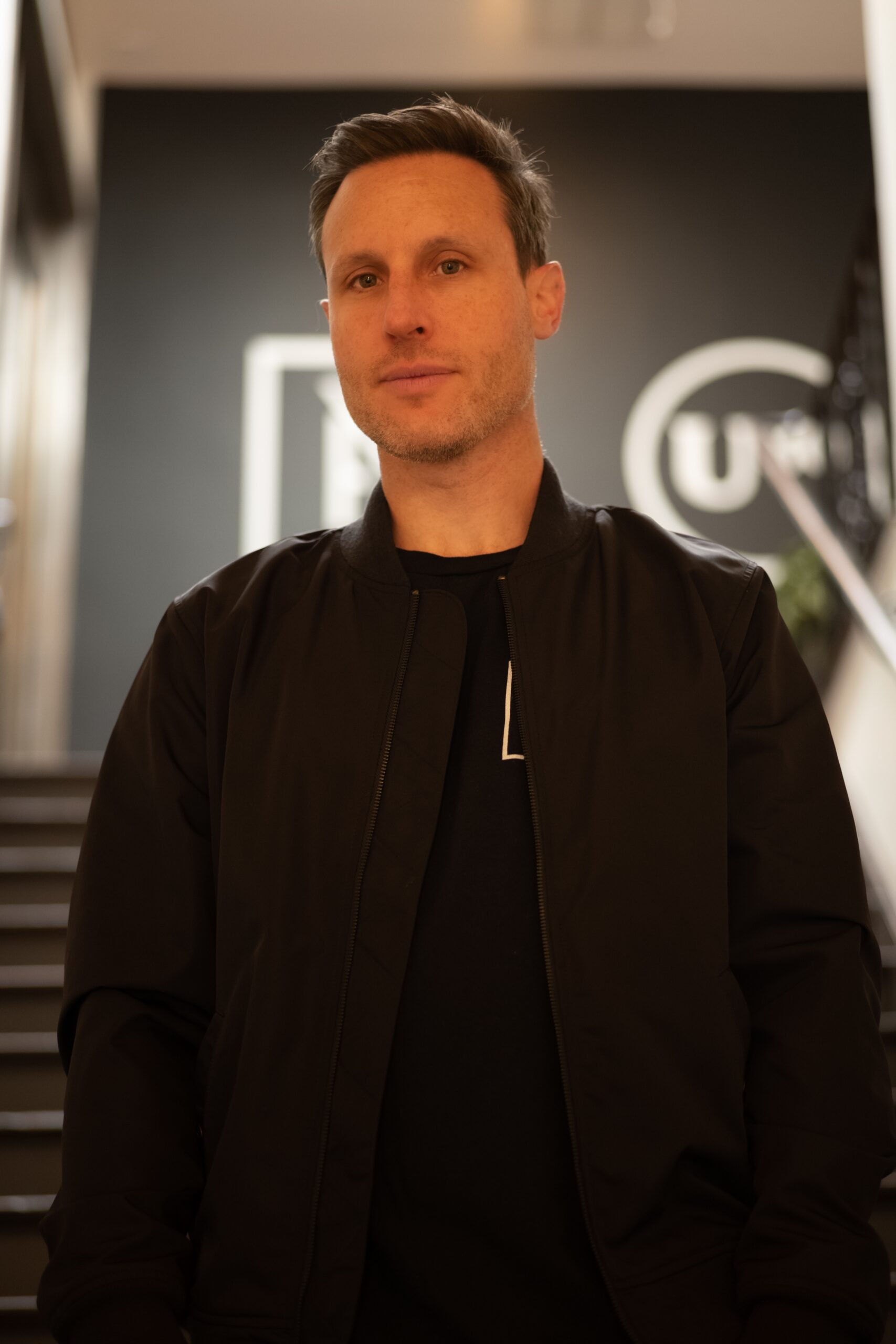Airbit is an online beats marketplace equipping a community of creators with the tools and technology to make music more fair, including user friendly music monetization services.
Everything has changed for music producers. Once the hidden wizards of the studio, producers have jumped out in front and found their own independent business paths online, thanks in part to Airbit.
“The mentality among producers is shifting compared to 10 years ago,” explains Wasim Khamlichi, founder and CEO of Airbit. “People used to look down on producers who sold their beats online. There’s no stigma now.”
More than a beats or sound pack store, Airbit evolved to make it easy for producers to expand their professional options and revenue streams. Airbit’s Infinity Store features and YouTube monetization, unique among beat marketplaces, allow producers everywhere to create a branded, customizable site to present and sell beats and sounds, much like a Shopify for producers, and to maximize the money they earn from their work, no matter where it pops up.
With 800,000 creators on the platform and growing fast, Airbit has attracted established producers like multiple GRAMMY-winner S1 (Kanye West) and serious contenders, including Cyanide (Smokepurpp), KingDrumDummie (NBA YoungBoy), TnTXD, Ric & Thad (Tierra Whack, Bad Bunny), and The Beat Menace (Meek Mill, Pop Smoke).
We spoke to Judah (COO of Airbit) and discovered more!
What is your personal background? How did you get to working on tech?
“The mentality among producers is shifting compared to 10 years ago,” explains Wasim Khamlichi, founder and CEO of Airbit. “People used to look down on producers who sold their beats online. There’s no stigma now.”
More than a beats or sound pack store, Airbit evolved to make it easy for producers to expand their professional options and revenue streams.
For Khamlichi, computers had been an obsession since childhood, and by the time he was 16, he was building software for the UK government. “I started realizing everyone around me there was miserable,” he recounts, “and I saw it wasn’t where I wanted to be.” Khamlichi knew where he wanted to be, however, after an epiphany when he landed at an Eminem concert thanks to a friend’s extra ticket. “I knew then that I had to be involved with music,” he recalls.
His love of music and computers collided. Khamlichi got into music production and made his own beats as a hobby. As he got deeper into music, he decided to build his own online store to sell his beats. “Producers were the last to get credit, the last to get paid. There were no marketplaces back in the day,” he says. “You had to find your own customers and figure out your own online store.” Khamlichi’s solution, crafted in Flash, caught the eyes of friends and acquaintances, and soon he was building stores for other producers and beatmakers.
His customer base grew and grew, until it made sense to set up a marketplace to connect the producers and artists swirling around hundreds of individual sites. Khamlichi and team made some serious tech overhauls (including ditching Flash). The result was Airbit.

How do you think your product is going to change the game?
We noticed tracks from up and coming beat makers and producers were struggling to stand out, regardless of their quality. These gems have too often laid buried, overlooked by algorithms and tag-based search. Airbit’s Search by Sound uses machine learning-based audio analysis to find sonic similarity between tracks, regardless of producer hype, tags, or other factors. This changes the game for beat discovery. The curious can try it for themselves here.
In the world of buying and selling beats, producers have traditionally angled to be discovered by beat seekers via type beats, tags or file names that bake the name of a star artist into the beat’s name, making it easier (in theory) for recording artists to find something in a style they already know and love.
“Type beats aren’t bad in and of themselves; in fact, type beats have been one of the only tools producers and artists have had to find each other,” explains Wasim Khamlichi, Airbit founder and CEO. “Type beats are the symptom, not the disease. They get in the way of truly talented people getting their work out there, and of music fans finding truly good and creative music. It’s a dilemma for both new talent and curious fans.”
When type beats first emerged on YouTube thanks to producers like Cashmoneyap, they connected producers and beat seekers. Talented young producers were struggling to be heard, and type beats were one weapon in that struggle. When artists or MCs were searching for beats to use, with YouTube as the search engine of choice, they would have to describe the sound of the beat they wanted, and the easiest way to do this was naming an artist. Then things got messy: The self-reported nature of type beats meant they were often inaccurate. “There is a perverse incentive to mislead, because people want to be discovered,” Khamlichi notes. “That makes this approach a frustrating experience for the end user.”
Airbit wanted to improve the experience for both parties, by removing human bias and ensuring producers get in front of prospective beats buyers on the merit of their beats, not their tagging hustle. It’s part of a bigger mission to support producers, veteran and new, as they create more sustainable careers and businesses. “We want good producers with great beats to get discovered, so that artists can make the amazing tracks they hear in their heads,” says Khamlichi. “AI and better search were the way to make that happen and build a more meritocratic marketplace.”
What are your plans for the immediate future?
Our plan is to really lean into our community and provide resources to the artists on our marketplace that give them the confidence to build their own career and become musical entrepreneurs.




